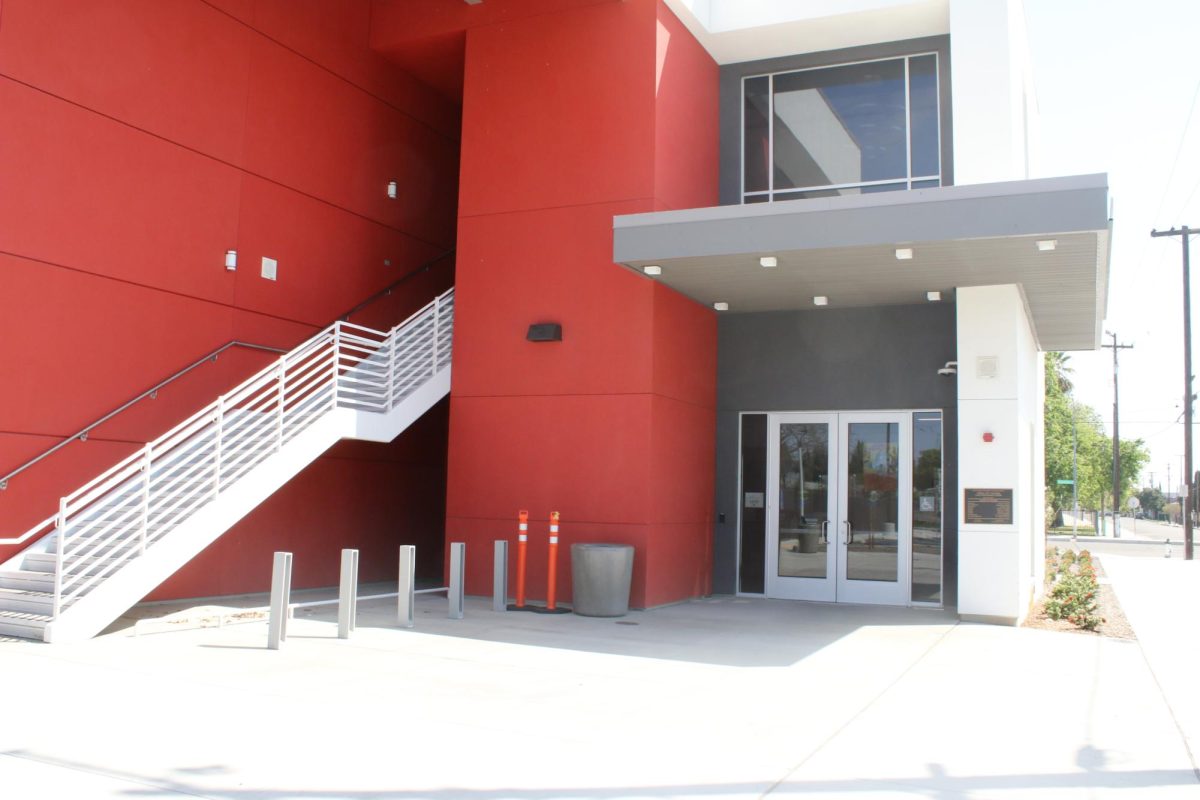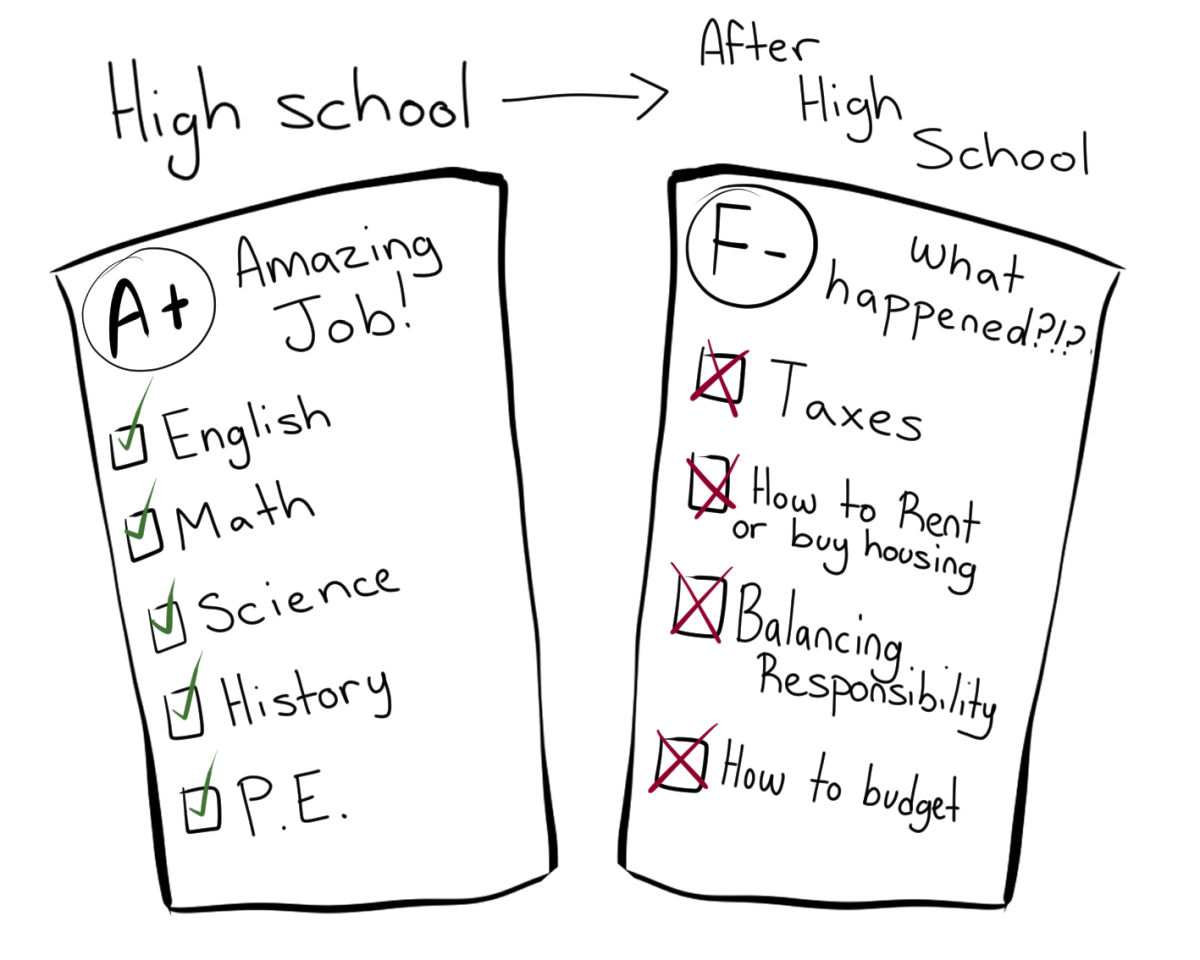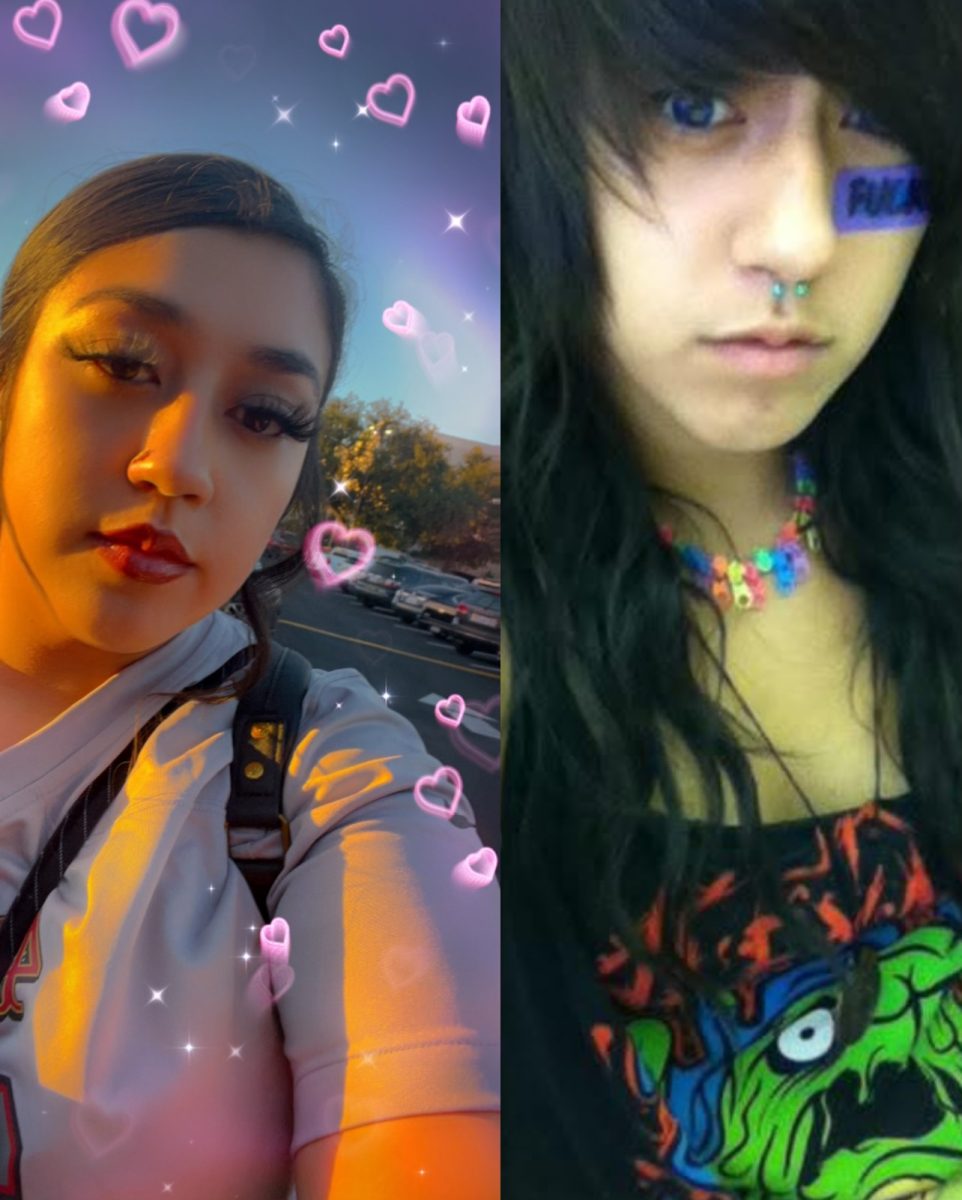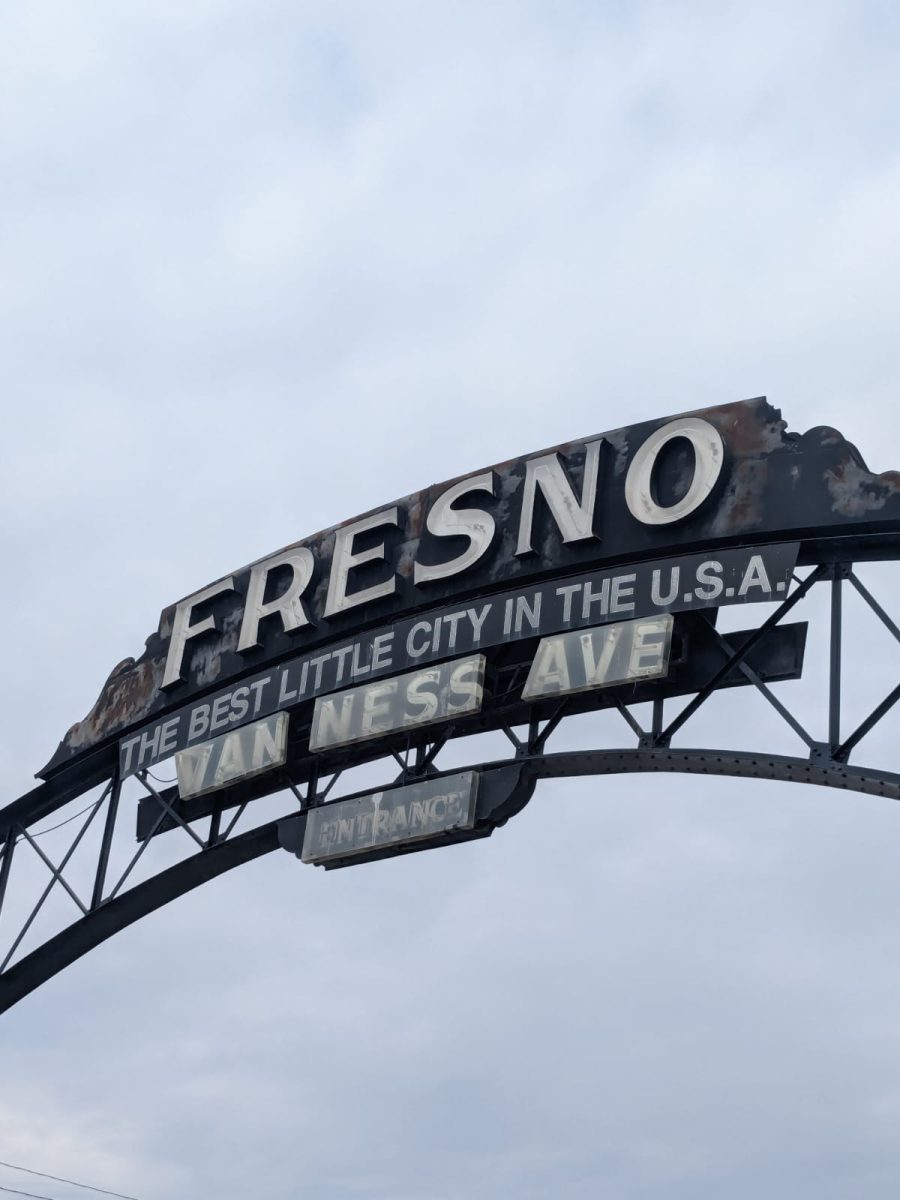O
re modern-day students politically active enough? Despite constant cynical rants against the Y generation, the answer is yes.
Students are very aware of the most significant issues affecting us and know when the time comes to use our voices for good or cause a shift in cultural expectations. A great deal of change in the status quo have been catalyzed by evolving opinions of the teens and young adults of the nation, such as large issues like gay marriage, anti-war sentiment, women’s rights and political distrust.
Young people, especially college students, have always been at the frontline of change, pushing new and bold ideas forward that others in more stable, safe positions in society may be too afraid to advocate for. The forms of activism in 2013 have changed from your parents or grandparents ideals decades long past.
Are we so quick to forget the crucial role college students played in changing the American perspective on war (especially the Vietnam War) in the past century?
Student riots, political protests, peaceful sit-ins, picket signs — these are all ways of becoming politically-active, and are just alive today as they were in the ’60s and ’70s. But America at large takes a strange pleasure in picking on the Y generation, even though we are not so different than past generations; we simply have better technology.
One of the first flaws in this argument lies in the old-fashioned and slightly naïve belief that traditional political activism is the most effective and powerful way of effecting change. In a brave new world of political corruption, scandal and economic scares, the plan to write to your representatives, attend their local events, trust their every word and show this trust at every single election has become outdated.
When politicians do outlandish things like get paid for shutting down the government, try to enforce their personal beliefs through legislation such as Mitt Romney’s 2012 platform did, or ignore desperate pleas from their constituents like in Chicago’s gang-riddled streets, it erodes the once-strong relationship between these politicians and their constituents.
Americans become disillusioned, bitter and powerless; feelings that exacerbate political distrust and hatred.
So what has been the solution for millions of young people over the course of the past years? To get their message out in more direct and effective ways. Crassly communicating emotions through street graffiti, emotionally-charged protests and pop culture mockery of traditional values are but a few ways students find to traverse a new society very different from 1950s-era political ideals.
In October of 2013, students at the City College of New York protested outside the North Academic Center when the building, originally used as a meeting space for student community activists, was slated to become a career center office. The fact that students are not passively accepting such changes but are making their opinions and interests known is a sign that political activism is not dead in the Y generation.
The 2008 presidential race between Barack Obama and John McCain is a prime example of the power of college-age individuals to create change in their society. According to U.S. Census Bureau data, the 18-to-24-year-old age group was the the demographic that increased the most significantly, at 49 percent in 2008.
If anything has been learned in the past decades, it is that this perspective is far from perfect and only encompasses a utopian political arena. For the long-standing structure of representative government-and-constituent interaction to remain effective, politicians will have to win back our trust.
Yet political activism in 2013 is not the same as it was in your parent’s youth. We live in a new world with new rules. A new political system is needed to reshape the way Americans interact with the government and with politicians.
Students have always found creative ways to voice their opinions in unorthodox ways and make do with what society has passed on to them, favorable or not.
If anything, protests, boycotts and the like should always be considered a healthy part of political activism. If that’s the case, we’re not behind at all.
So stay angry, and let the world hear what you’ve got to say—you’re doing it right.







